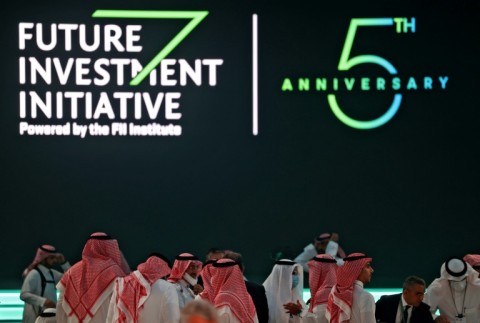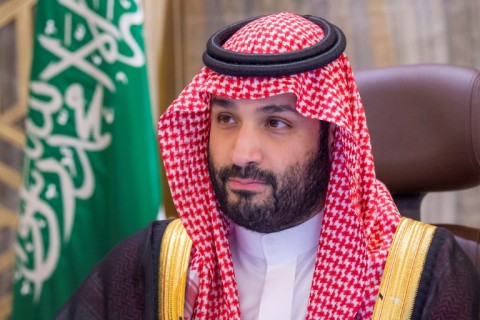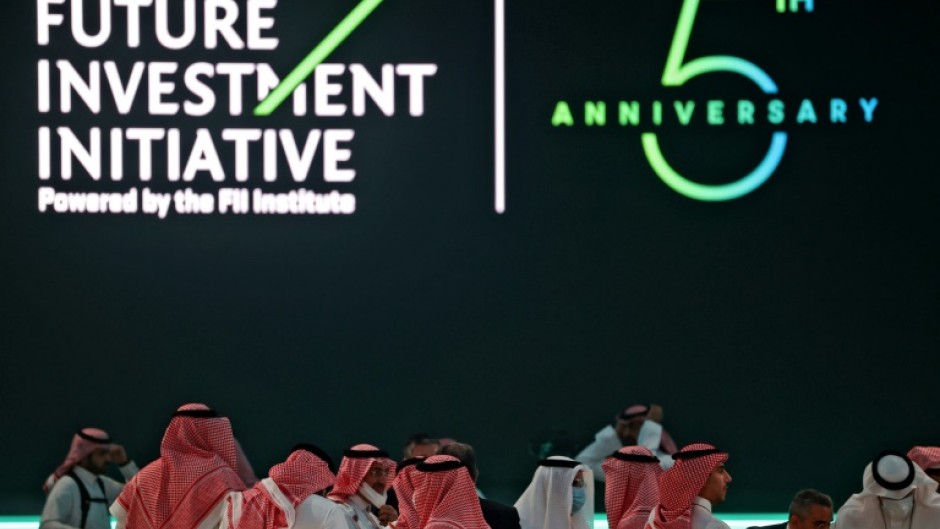
RIYADH - Hundreds of CEOs and finance moguls are expected in Riyadh from Tuesday for a Davos-style investment conference that analysts say will highlight Saudi Arabia's geopolitical muscle despite strained ties with the US.
The Future Investment Initiative (FII) was launched in 2017 as an economic coming-out party for the world's largest crude exporter, which is trying to diversify away from oil under Crown Prince Mohammed bin Salman.
This year's FII, often referred to as "Davos in the Desert", comes after a months-long process of re-engagement with the West by Prince Mohammed, who US intelligence agents determined approved the operation against Khashoggi –- a charge Riyadh denies.
The kingdom's de facto ruler has received visits this year from then-UK prime minister Boris Johnson, French President Emmanuel Macron and even US President Joe Biden, who had previously vowed to make Saudi Arabia a "pariah".
The meetings underline the kingdom's growing clout amid an energy crisis resulting from Russia's invasion of Ukraine.
The same can be said for the lineup at FII, which runs Tuesday to Thursday, of more than 6,000 delegates and 500 speakers, 200 more than the previous high.
"The combination of the war in Ukraine, the energy crisis and oil price rises has given Saudi Arabia a greater level of geopolitical and economic influence this year relative to every previous FII bar the first one in 2017," said Kristian Ulrichsen, a research fellow at the Baker Institute at Rice University.

At a press conference previewing the upcoming gathering, FII Institute CEO Richard Attias stressed that FII was not a conference about Saudi Arabia, but rather "an international conference happening in Saudi Arabia, showing that Riyadh and the kingdom is definitely becoming a global hub".
Participants include business leaders from Latin American countries that in past years have had no representation, as well as "a huge delegation from China" with more than 80 Chinese CEOs, Attias said.
Attias, the former executive producer of the World Economic Forum in Davos, told AFP in an interview he did not believe delegates feared a reputational cost for attending.
"I think we have really established the fact that we are an independent body. We don't have any agenda. We are here to help," he said.
"I am very happy that many business leaders think like me. We are not ignoring the issues in the world. No one is ignoring that," said Attias.
"But it is not by boycotting any platform that you will solve a problem in the world."
Despite Attias's desire to keep politics out of the conference, global turmoil may well intrude as Saudi Arabia navigates a sensitive spat with the United States over oil production cuts approved earlier this month by OPEC+, the cartel that Riyadh leads with Moscow.

